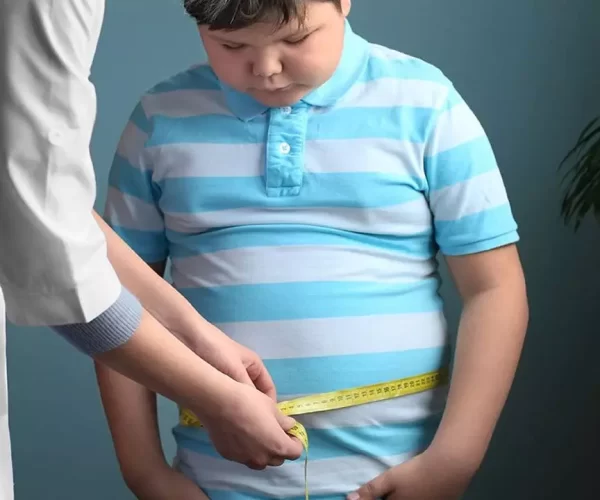Childhood obesity remains a serious health concern in the United States and worldwide. Childhood obesity is a complicated disorder that can happen when your child is above the normal weight for their height and age. You and your Nova Physician Wellness Center specialist may aid with childhood obesity prevention in several ways. You can avoid childhood obesity by doing the following:
- Set a good example: Parents can influence childhood obesity by adopting healthy practices. Your youngster mimics your actions. They are more inclined to modify their behaviors if they witness you eating well and exercising.
- Encourage better sleep: Children aged 6 to 12 require nine to twelve hours sleep every night. Adolescents between 13 and 18 need eight to ten hours of sleep every night. A lack of sleep can cause obesity since it causes your child to desire to eat more and be less physically active.
- Limit sugar consumption: If your child is over two, sugar should account for no more than 10% of their daily calories. Instead of sugary drinks, provide water or low-fat milk. Also, children under the age of two should not have any added sugar in their diet.
- Attend all of your child’s well-child consultations: Your kid’s healthcare practitioner can help you and your child on the path to a healthier lifestyle. During missed checkups, your child is more likely to gain weight. Make sure your youngster sees their doctor at least once a year.
- Teach stress-relieving techniques: Stress can contribute to weight gain by impairing self-control, encouraging children (and adults) to take refuge via eating, and triggering hormonal changes that promote weight gain. Yoga, breathing exercises, meditation, or peaceful creative projects for children might assist in relaxing the mind and body.
How to diagnose childhood obesity
It is critical to seek medical attention if you are concerned about your child’s health. Your kid’s healthcare practitioner can assist you in determining whether or not your youngster is obese. They may use a BMI-for-age growth chart to determine whether or not your child is at a healthy weight. If your child’s healthcare practitioner believes that the kid is obese, they can assist you in developing a healthy weight loss strategy. They may also advise you on good eating habits and the appropriate amount of physical exercise for your child. Additionally, they will refer you to a weight control program that is appropriate for your kid if necessary.
Conclusion
Childhood obesity is a complicated condition that can have long-term consequences. Seeing your kid struggle with weight concerns may be heartbreaking. It is critical to support your child regardless of weight. Concentrate on their health and help them by explaining why you want them to be healthy. If you are concerned that your kid may be obese, contact their doctor. Their provider can assist you in determining whether or not your child’s weight is cause for concern. They can also help you develop a strategy to get the family back on track with good dietary habits and increased physical exercise. Call Nova Physician Wellness Center or schedule your meeting today to determine your child’s pediatric obesity therapy plan.




